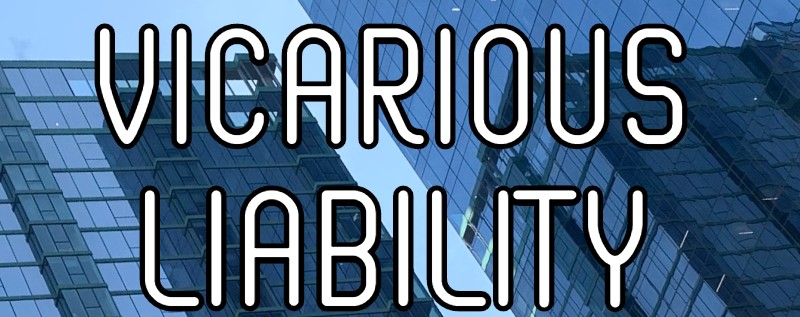Case underscores reason why companies using independent contractors should consider negotiating provisions that require those independent contractors to indemnify the company in the event of third party intellectual property claims.
Plaintiff’s claims
Plaintiff photographer sued a real estate brokerage firm and the firm’s independent agent who published on her brokerage-branded website one of plaintiff’s photos without authorization. Plaintiff asserted a direct infringement claim against the agent, and a vicarious infringement claim against the brokerage. Defendant brokerage firm moved to dismiss for failure to state a claim. The court denied the motion.

Elements of vicarious copyright infringement
To state a claim for vicarious copyright infringement, in addition to stating a claim for direct infringement by the agent, the plaintiff had to successfully plead that the brokerage (1) had a direct financial interest in the appearance of the infringing photo on its agent’s website, and (2) had the right and ability to supervise the infringing activity.
The court’s decision
On the first element of vicarious copyright infringement, the court found that plaintiff adequately alleged that defendant brokerage had a direct financial interest in defendant agent’s use of the photo on her website. Defendant agent was defendant brokerage’s sponsored agent, and it was plausible that her use of the photo to enhance the appeal of her website provided both defendant agent and defendant brokerage with a direct financial benefit in the form of increased business.
As for the second element – right and ability to supervise – the court found that plaintiff’s undisputed allegation that defendant agent was a licensed real estate agent under defendant brokerage’s sponsorship, coupled with defendant brokerage’s statutory obligation to supervise defendant agent’s actions, were sufficient to state a plausible claim that defendant brokerage had the right and ability to supervise defendant agent’s infringing activity.
The parties disputed the level of supervision and control that defendant brokerage had, and the “right and ability” to exercise control over defendant agent’s activity on her website.
Plaintiff asserted that the website was one published by the defendant brokerage, while the defendant brokerage disclaimed all responsibility for the website. Yet regardless of which party actually exercised direct control over the website, the fact remained – in the court’s view – that defendant agent carried out the alleged copyright infringement on the website under the auspices of defendant brokerage’s sponsorship, and defendant brokerage had a statutory obligation to supervise her conduct as a sponsored agent.
Moreover, although defendant agent could hypothetically continue her alleged infringement in a different setting were defendant brokerage to terminate her sponsorship, the undisputed fact that defendant brokerage could have terminated her sponsorship lent further support to the inference that defendant brokerage had the right and ability to supervise defendant agent’s infringing acts.
Stross v. PR Advisors, LLC, 2019 WL 5697225 (N.D. Tex. October 31, 2019)
